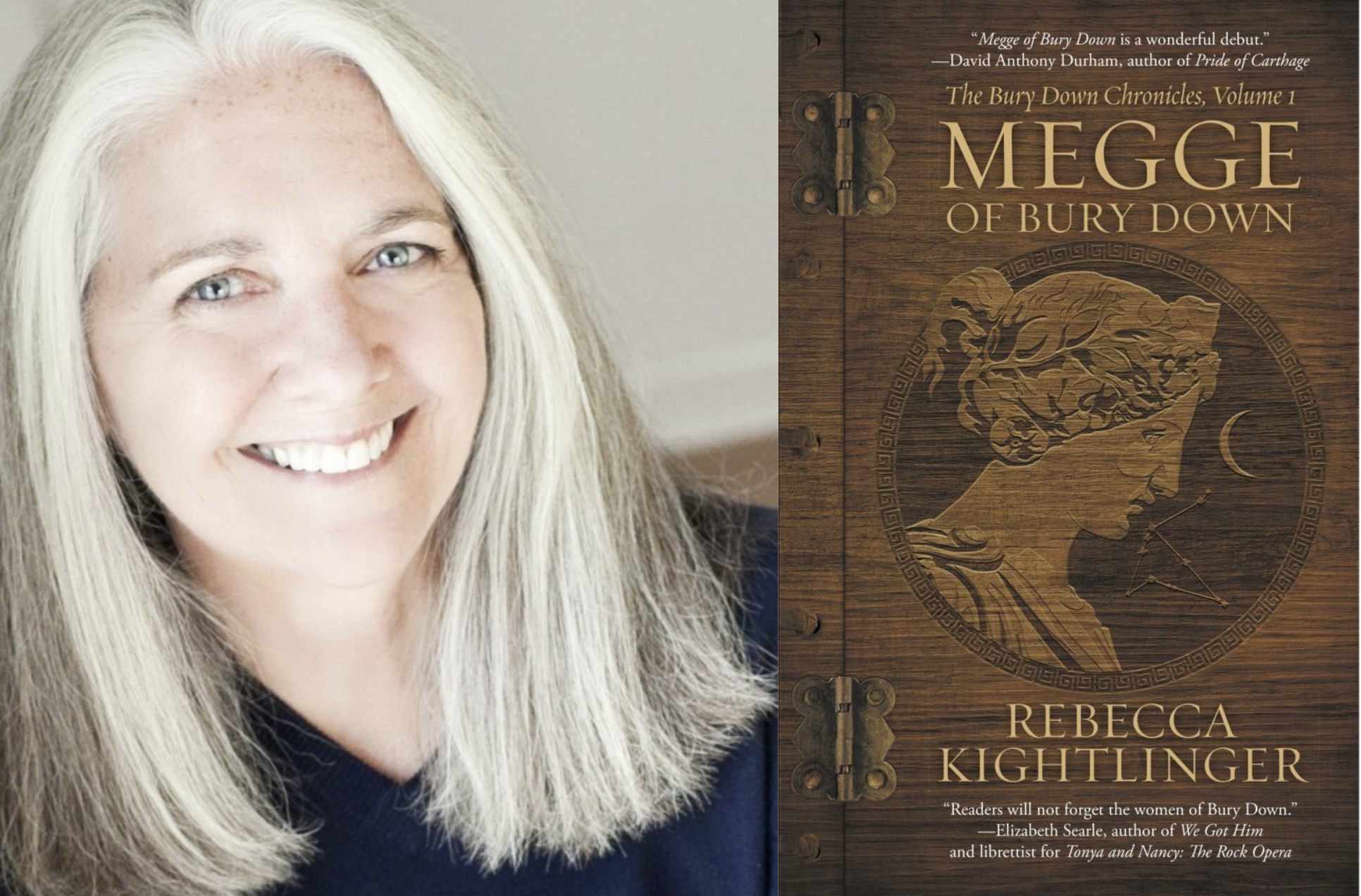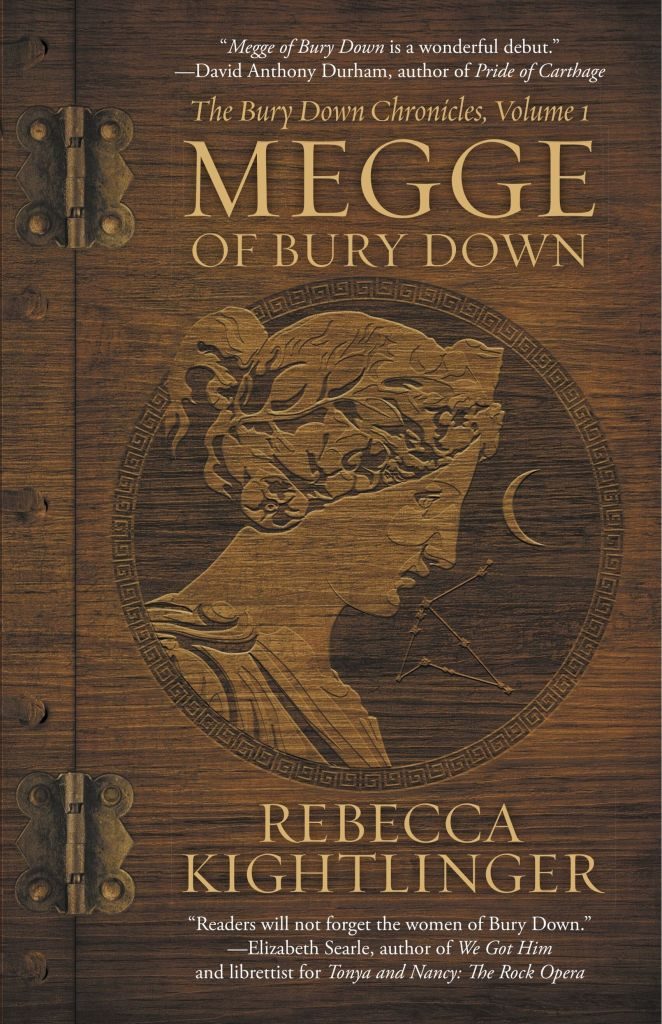Interview
What do you write?
I write fiction—right now I’m writing a series about a family of women healers. While set in the real world of thirteenth-century Cornwall, the story features mystical underpinnings and hints of magic. Book One, Megge of Bury Down, is scheduled for release on February 1. Books two and three are well underway.
Is there an author or artist who has most profoundly influenced your work?As strange as it may seem, the person who most consistently influences my day-to-day writing—or at least my editing and revising—is remembered less as a writer than as a magazine founder: Harold Ross, of The New Yorker.
Perhaps because his objections targeted basic details many authors assumed were there but weren’t, and because his wording was so blunt, it’s Ross’s voice that sounds in my ear as I revise. “You say he stood up. But we don’t see him sitting down. How can he get up if he wasn’t sitting down in the first place?”
Before examining my writing for mechanical errors and infelicities of grammar and syntax, I always give it the Harold Ross treatment: watching each scene play out as he might, with his attention to detail, to find and revise inconsistencies in setting, characterization, and action.
Why did you choose Stonecoast?
I was attracted by Stonecoast’s diverse, involved faculty, its inspired students, and the atmosphere of the Stone House, which appeared (and was!) conducive to study, thought, and camaraderie.
What is your favorite Stonecoast memory?
The hubbub in the Stone House on cold winter mornings. Getting coffee and firing up the space heaters before the morning workshops.
What do you hope to accomplish in the future?
I hope to build a full profession as a writer. I’ve always believed that a true profession consists of three parts: providing a product or service that requires the mastery of a set of skills through education and relentless practice; sharing expertise through consultation and collaboration; and teaching those entering the profession or further honing their skills.
Stonecoast has given me the first part: a strong foundation for producing good writing; my publisher has given me the opportunity to share my work with readers. The National Book Critics Circle, Historical Novels Review, New England Review, and Stonecoast Review have given me the second part: judging fiction shortlisted for national recognition, reviewing new historical fiction, weighing in on fiction submissions, and copy editing pieces selected for publication.
For the third part of this profession, teaching, I would someday like to lead fiction workshops that offer writers a safe, if rigorous, milieu in which to present their work for evaluation and discussion and to learn from other writers.
If you could have written one book, story, or poem that already exists, which would you choose?
William Faulkner’s The Sound and the Fury.
Featured Work
The following is an excerpt of Rebecca’s new book, Megge of Bury Down, available now.
Rebecca Kightlinger earned her MFA at the University of Southern Maine’s Stonecoast MFA program. A member of the National Book Critics Circle, she reviews novels for the Historical Novels Review, reads fiction submissions for New England Review and Stonecoast Review, and copy edits pieces accepted for publication in Stonecoast Review.
In her twenty years of medical practice as an Obstetrician Gynecologist, Rebecca had the privilege of caring for the women of Pennsylvania, Virginia, and Guyana.
She and her husband live in northwestern Pennsylvania with their pets: three comical dogs, three elegant cats, and a delightful little rooster named Ollie.

